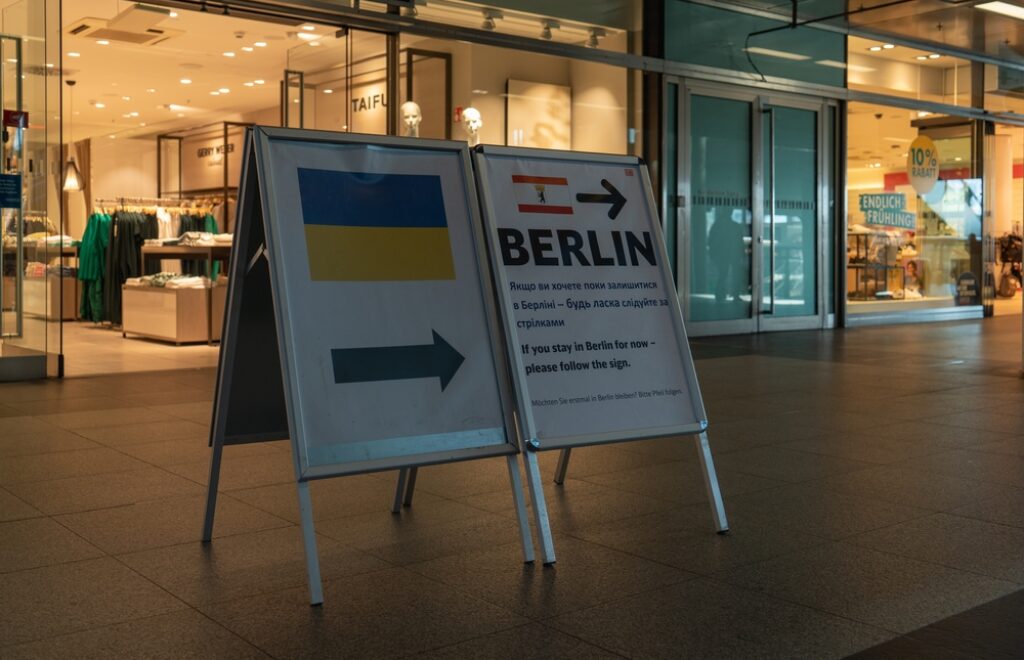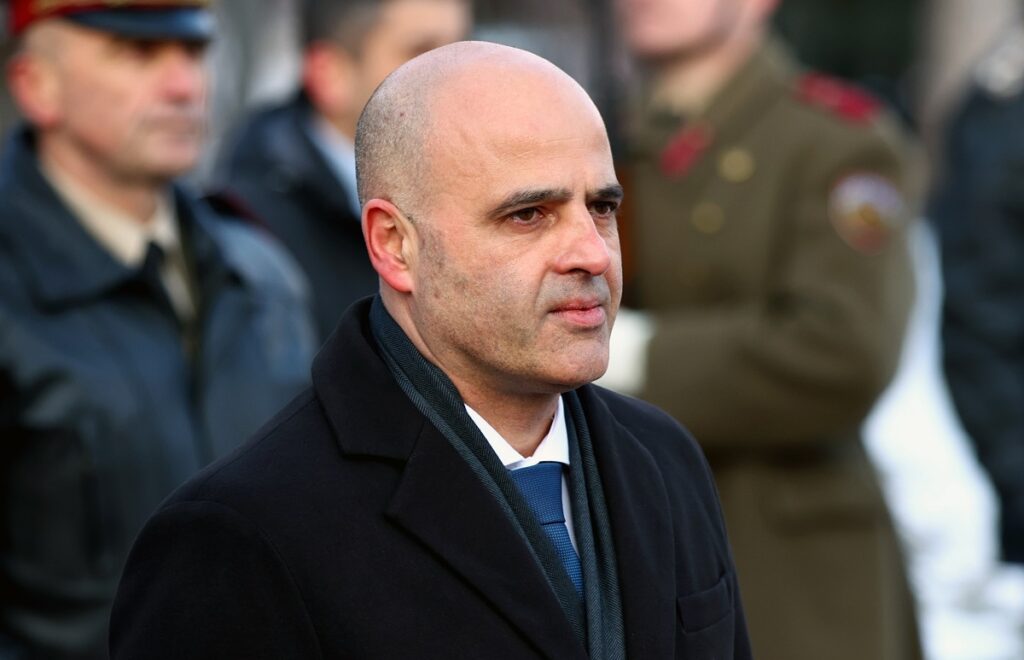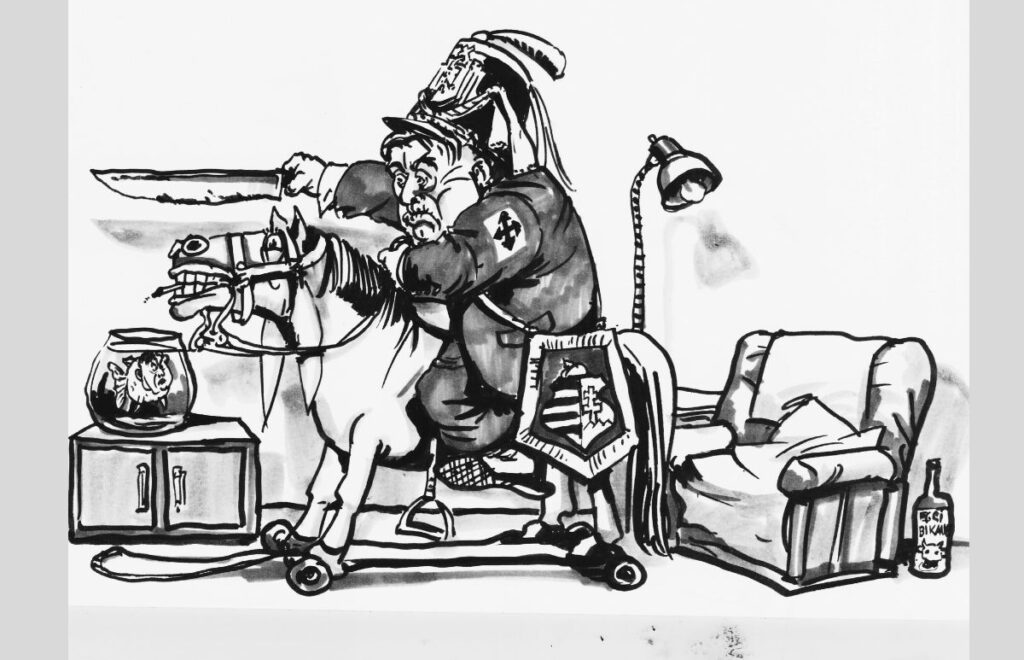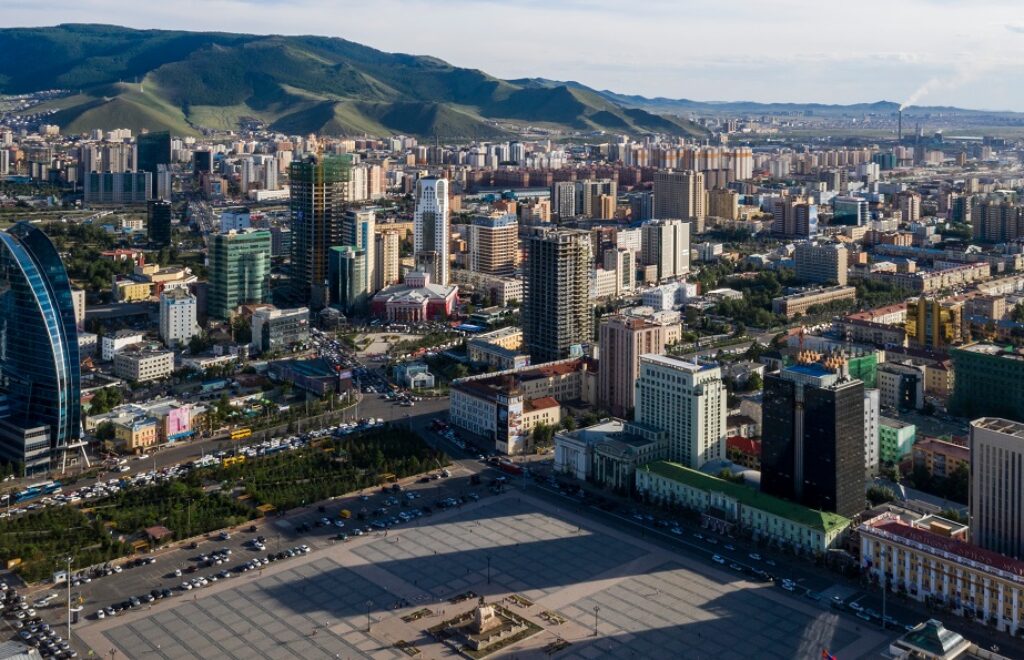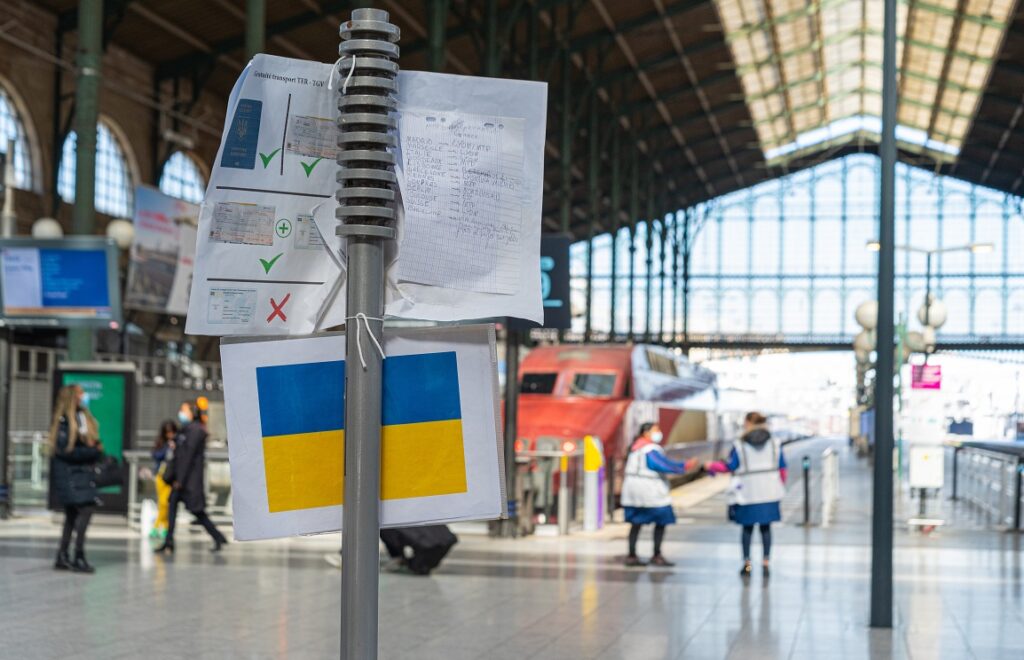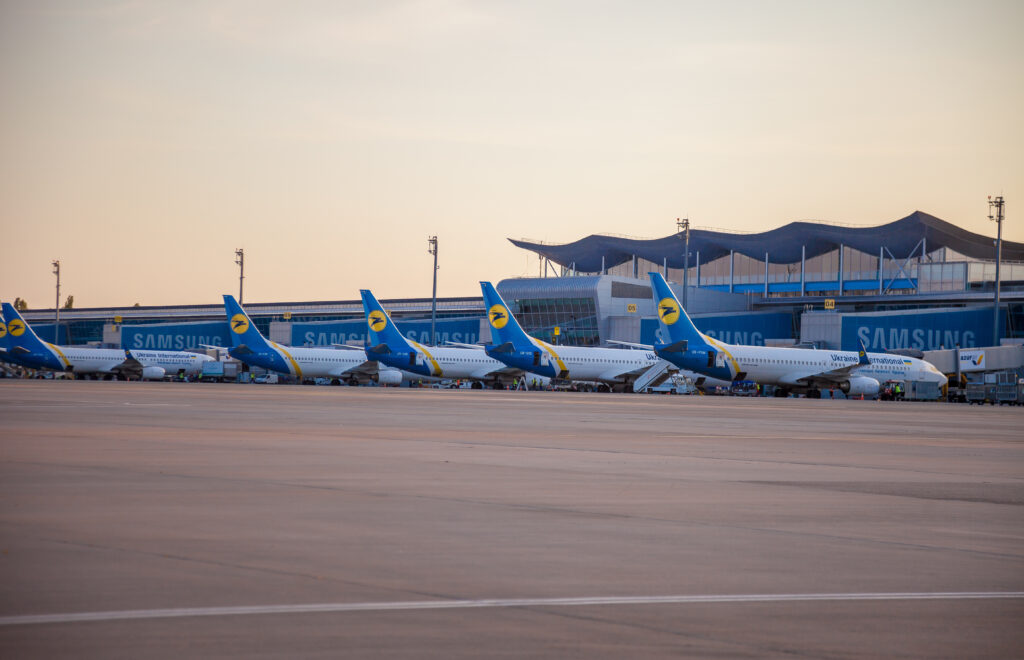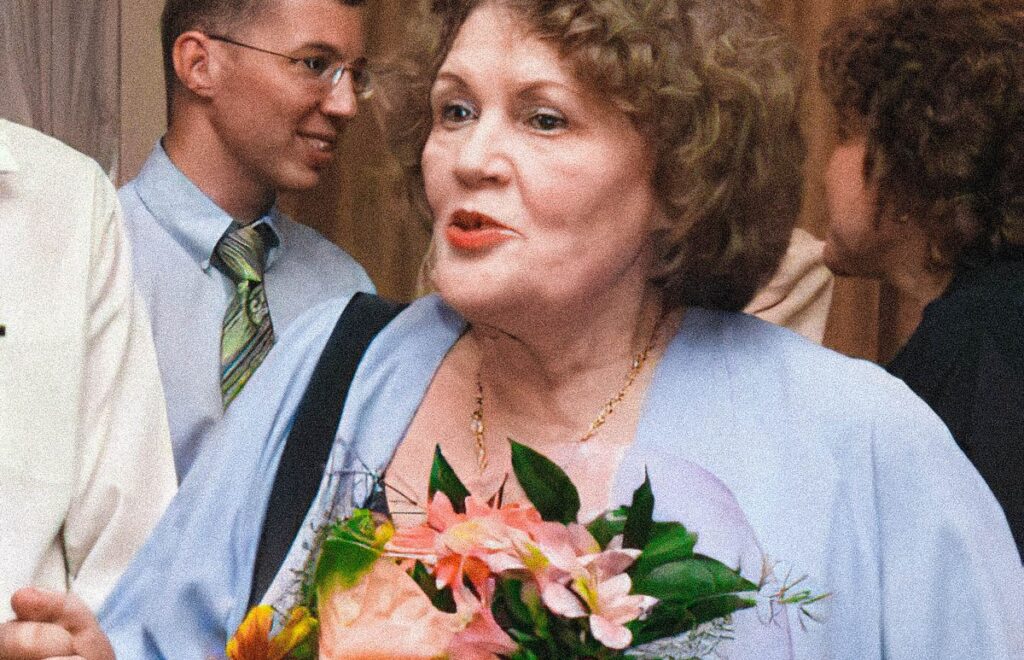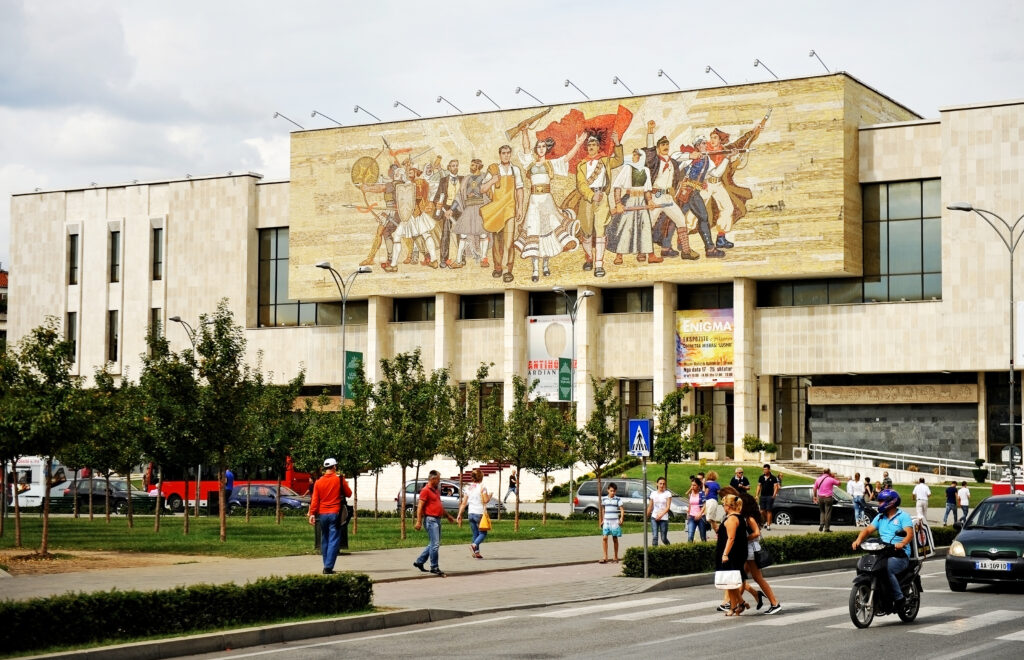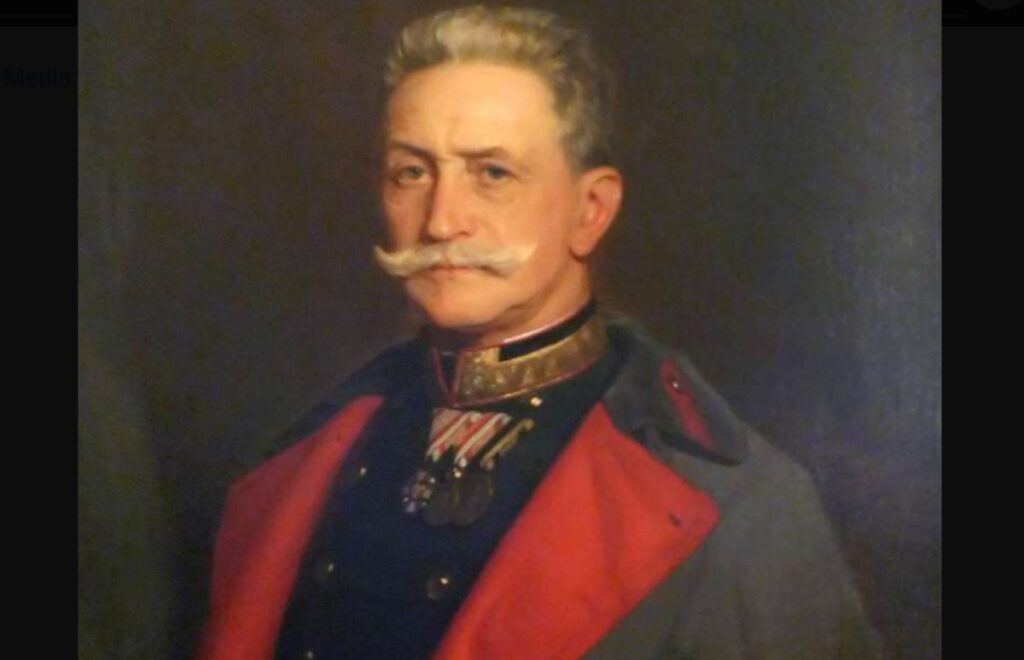From workers to refugees to workers again. What’s next for Ukrainians in the EU?
Russia’s decision to launch a full-scale war in Ukraine has resulted in millions of Ukrainians fleeing the country via its western border. According to the United Nations High Commissioner for Refugees (UNHCR), as of April 2023, 8,174,189 people have been recorded as refugees from Ukraine across Europe. Exactly 5,044,039 of them registered for temporary protection schemes in Europe.
July 4, 2023 - Lesia Dubenko


